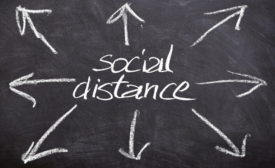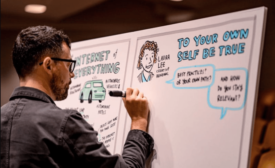Home » Keywords: » business advice
Items Tagged with 'business advice'
ARTICLES
Reducing complexity of tariffs in price management
Understanding how to handle fluxing tariffs is vital to keeping steady price margins.
September 9, 2020
Navigating and mitigating the impact of COVID-19
Four tips from construction management experts to be better prepared
March 25, 2020
Department of Homeland Security guidance on stay-at-home order and essential businesses
DHS gives advice for the work truck industry during COVID-19
March 23, 2020
Get our new eMagazine delivered to your inbox every month.
Stay in the know on the latest on plumbing, bath & kitchen, industrial PVF, radiant & hydronics, and HVAC products.
SUBSCRIBE TODAY!Copyright ©2024. All Rights Reserved BNP Media.
Design, CMS, Hosting & Web Development :: ePublishing












